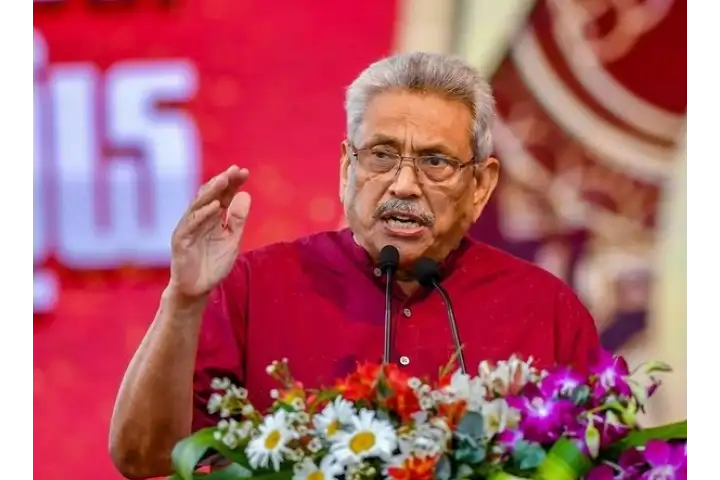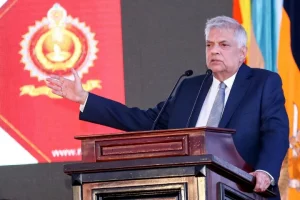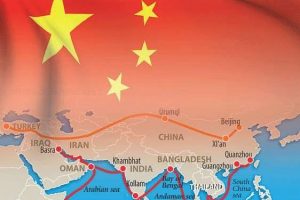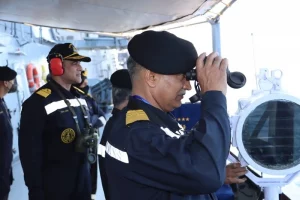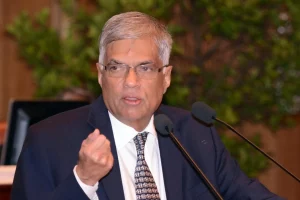The economic crisis in Sri Lanka has led to a large number of school dropouts despite having a provision for universal free education. Last month, school examinations in the crisis-hit island nation had to be postponed as there was not enough paper and ink for the students to be able to sit for the tests.
The shortage of paper and ink has also forced several newspapers to scale down operations.
Two major newspapers– The Island, and its sister Sinhala publication Divayina announced suspension of their print publication due to the rising newsprint cost.
The crisis has already resulted in acute shortage of food and other essential items including medicines and fuel. Citizens, even those who do not categorise as poor, are having to go hungry due to the shortage. Several retail stores have shut down while many others have no fixed time of operation as there is limited supply of essentials.
“When you are struggling for food and other essential items such as fuel, sending children to school is beyond luxury,” a citizen based in Colombo told India Narrative.
“It is now about survival, it is about arranging for two square meals,” he said.
Also read: Sri Lankan President invites opposition to join cabinet as social, economic crisis worsens
With foreign exchange reserves of just $2 billion, the country has no money left to import food, medicines and fuel. The unprecedented crisis has started to lead to social unrest.
What is worse is that the crippling economy is starting to impact its primary revenue generating industry — tourism.
The financial crisis in the island nation has prompted the UK and Canada to issue advisories to their citizens warning them of the current economic situation.
“There may be long queues at grocery stores, gas stations, and pharmacies. Local authorities may impose the rationing of electricity, resulting in power outages,” the advisory issued by the UK said.
That apart, tourist inflow from Russia, which accounted for the largest tourist traffic into the island nation in January and February is also expected to lessen in the coming weeks due to the Russia-Ukraine conflict and the sanctions imposed against Moscow.
“The crisis is such that Sri Lankans are now looking to somehow leave the country,” an Indian trader settled in the country, added.
The Sri Lankan economy is facing a twin challenge of fast eroding foreign exchange reserves and surging inflation leading to the brink of bankruptcy.
Sri Lanka is currently facing solvency issues with unsustainable debt levels. India has already provided assistance worth $1.5 billion. Colombo has also sought assistance from China.






